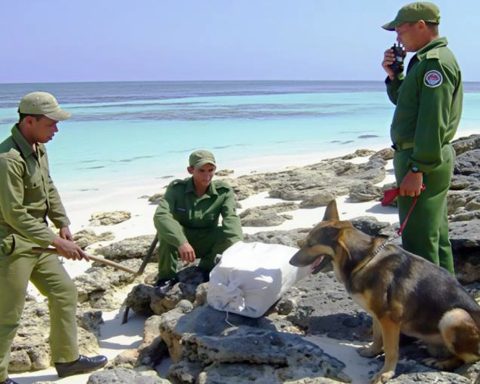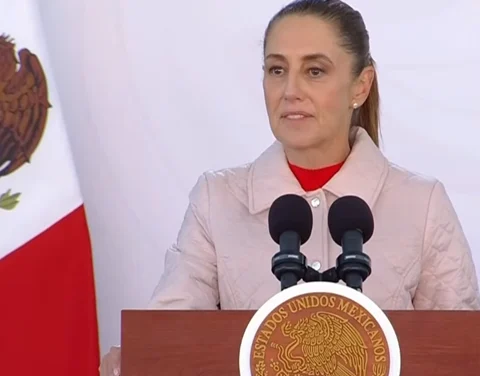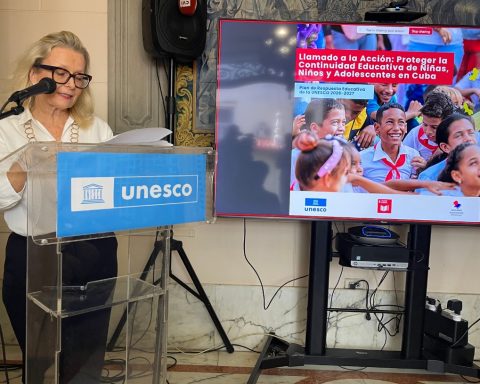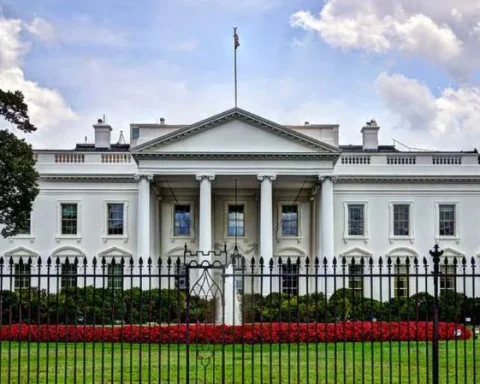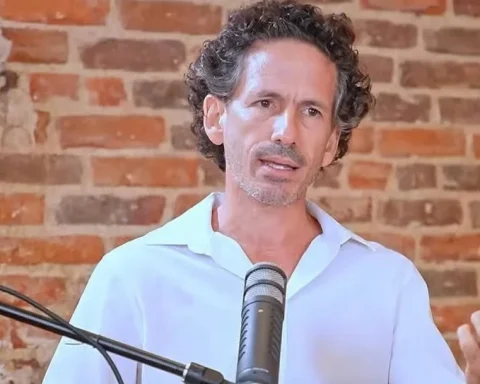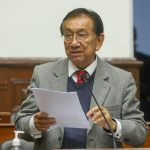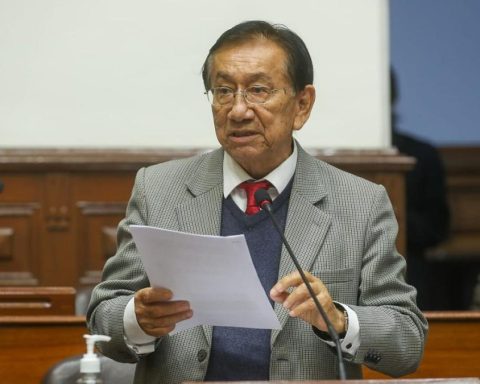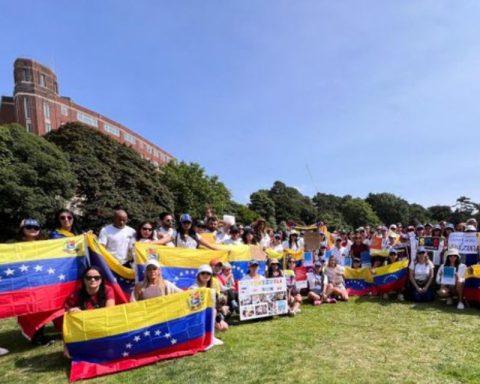They demand a budget to expedite the processes of searching and recognizing bodies.
“You shouldn’t wait 24 hours to report a case as missing.” That is the first message that is read in the page search containing missing citizen information in Ecuador. This, however, does not mean speed for relatives of those close to 2,000 people missing in the country.
lydia wheel, president of the Association of Relatives and Friends of Disappeared Persons in Ecuador (Asfadec), knows and has experienced the state’s shortcomings in these cases. For this reason, since March 28, 2022, she has toured seven cities in the country (Ambato, Riobamba, Chillanes, Cuenca, Machala, Guayaquil and Quevedo) demanding results in the investigations.
Rueda details that more than 2,000 cases of disappeared they are under investigation, since 2019. However, since 2016, the cases would add up to 4,000.
The current figures are still high, which, according to Rueda, should “concern and alarm the State.” In January 2022 alone, 598 were reported. complaints of this type and opened 85 research.
Rueda details that the relatives of the disappeared managed to get the crime of the involuntary disappearance be typified in the Comprehensive Organic Criminal Code (COIP). This has been insufficient, since the State Attorney General’s Office “is inefficient when it comes to investigating cases,” warns the activist, who clarifies that this does not happen only in cases of the disappeared, but also in the recognition of bodies or in the analysis of bones.
One of the shortcomings identified by Asfadec is that there are only 240 specialized agents in the Directorate of Crimes Against Life, Violent Deaths, Disappearances, Extortion and Kidnappings (Dinased). That is, there are ten per province, when in just one month more than 500 complaints are received.
“We demand answers, results. Tell us where our loved ones are”, reiterates Rueda, who hopes to be received by the president William Lasso. The president has not answered his meeting requests since he came to power in May 2021.
Another of the family’s requests is that provide psychological care those who are searching for their loved ones and whose lives will never be the same. “Holidays, birthdays, movies are over, it’s as if everything stopped. All you do is search, search, search,” says María de Lourdes Mejía, whose daughter disappeared on January 15, 2010.
data outdated
Another sign of the lack of speed of the processes – the relatives point out – is that the page on which missing persons are displayed have update or data problems.
This was evidenced in February 2022, when the photo and information of a girl, reported missing and found six months back it continued on the page managed by the Ministry of Government.
Not having removed the information that had been on the platform for half a year caused the girl’s image to go viral on social networks. The paradox is that she had a different description of her disappearance.
The Ministry of Government explained that downloading the poster from the page “takes a while, because a protocol must be followed with various institutions,” including the Prosecutor’s Office.
That is not the only shortcoming. The relatives detail that there are incorrect data in the descriptions and that the changes also take “valuable time, because every minute is vital in these cases,” says Alejandra Valdivia, aunt of a young man who disappeared in 2019.
The data, according to Rueda, must be transparent since between the Prosecutor’s Office and the Ministry of Government, different figures are handled on disappearances between 2019 and 2021. Between both institutions there is a difference of 958 cases. For example, in 2020, the Ministry of Government reports 227 disappearances and the Prosecutor’s Office 572.
Bone handling
The families say they feel in a long process of revictimization, not only when the searches do not bear fruit, but also with the handling of remains.
That has been the complaint of the teacher’s family Natalia climbed, disappeared in September 2018 in Quito. Seven months later the teacher’s skull was found in a sewer, but this was confirmed eight months later.
Isis Subía, Natalia’s sister, demanded that the search be continued to give “the remains a holy burial.” In 2021, the bones of a leg and a femur were found in the same place where the skull was. That discovery occurred in a minga and not from the search that, although it has found the remains, has no news of the culprit. As in cases like Juliana Campoverde or Valentina Cosíos, in the Natalia Subía has changed prosecutors five times, which causes the processes to stall. (AVV)
“There is not a single city in the country without missing persons. We have to keep screaming, saying that our loved ones are not with us.”, lydia wheelpresident of the Association of Relatives and Friends of Disappeared Persons in Ecuador.
Desde junio de 2020, el COIP contempla la desaparición involuntaria como delito.
